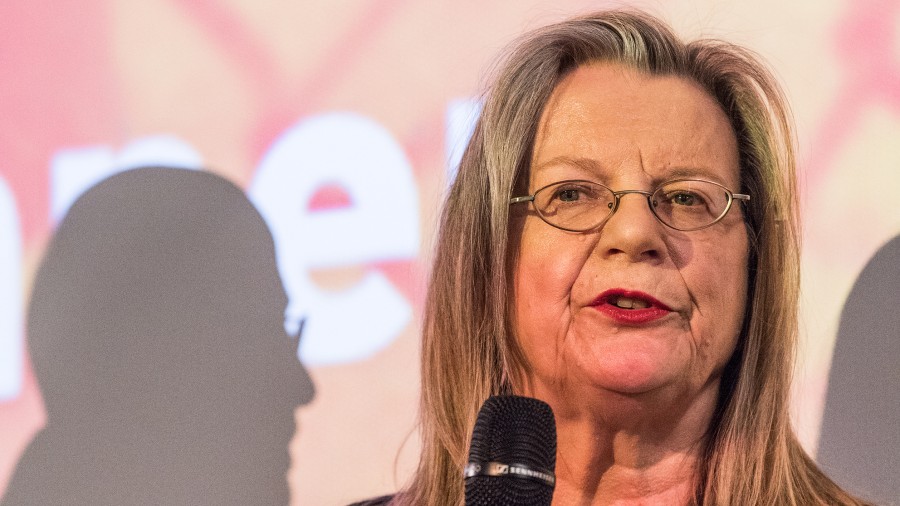Die Reise nach Lyon
Blind Spot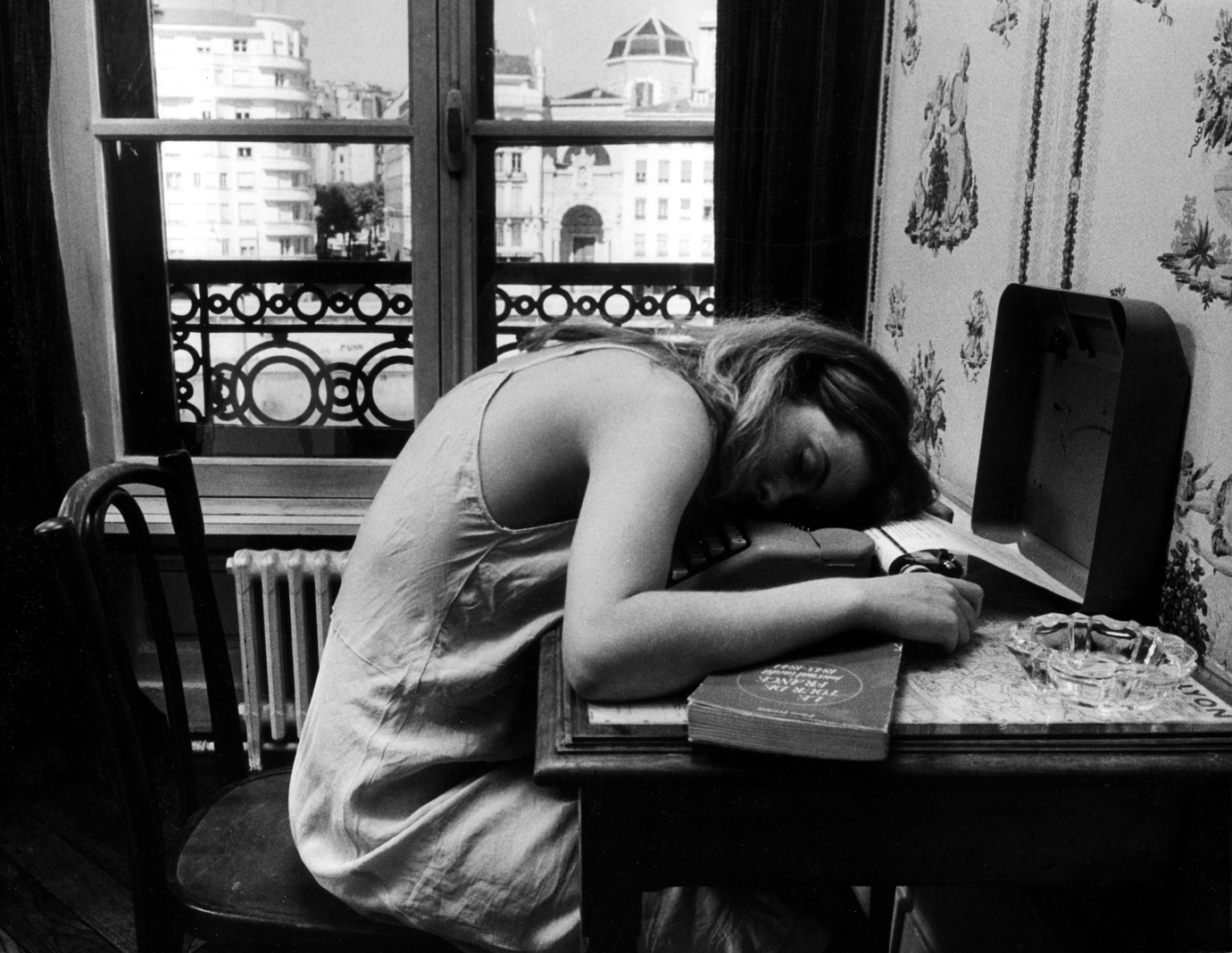

Rebecca Pauly
Die Reise nach Lyon | Blind Spot by Claudia von Alemann
BRD 1980, Retrospective
© bpk/Abisag Tüllmann
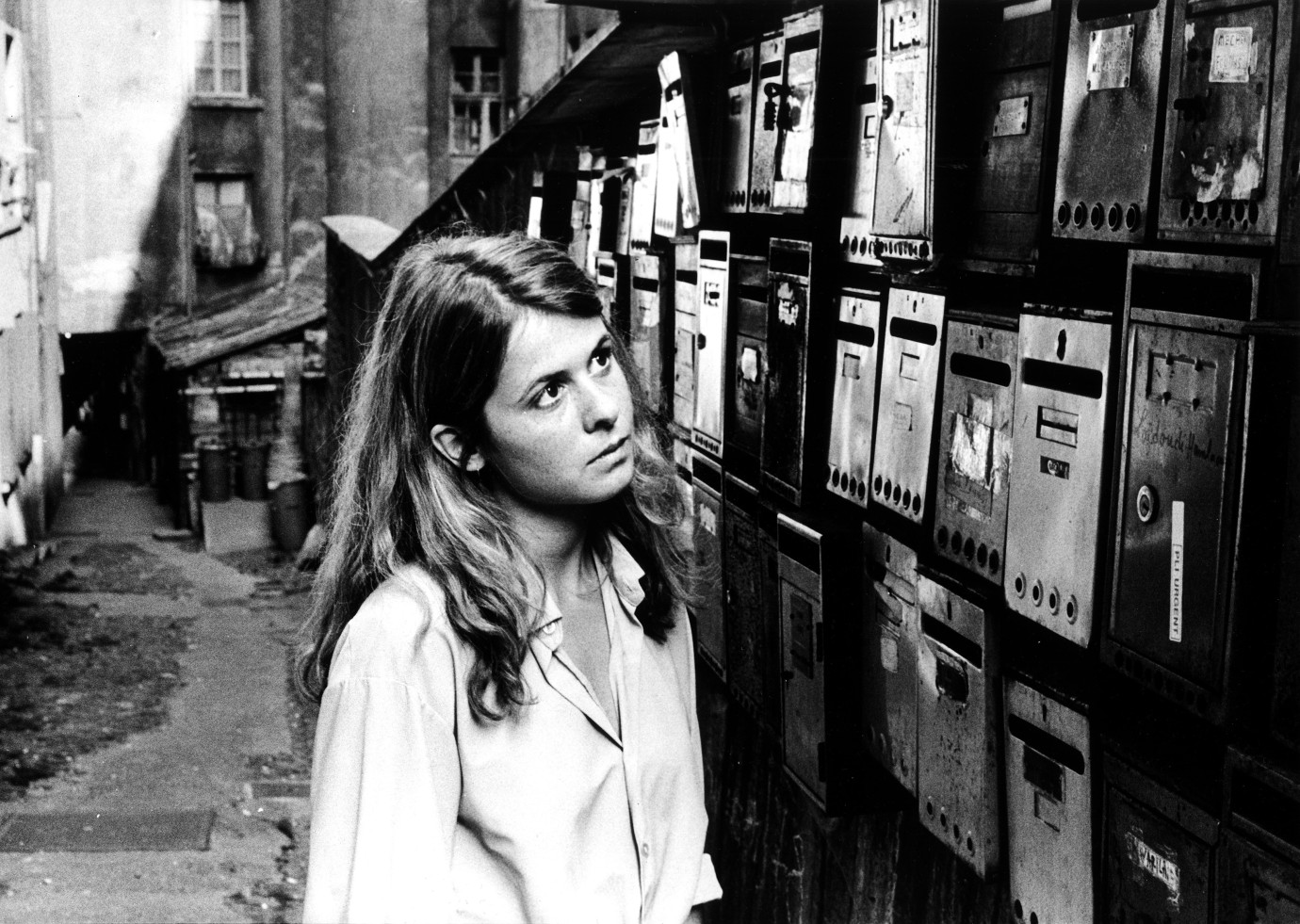
Rebecca Pauly
Die Reise nach Lyon | Blind Spot by Claudia von Alemann
BRD 1980, Retrospective
© bpk/Abisag Tüllmann
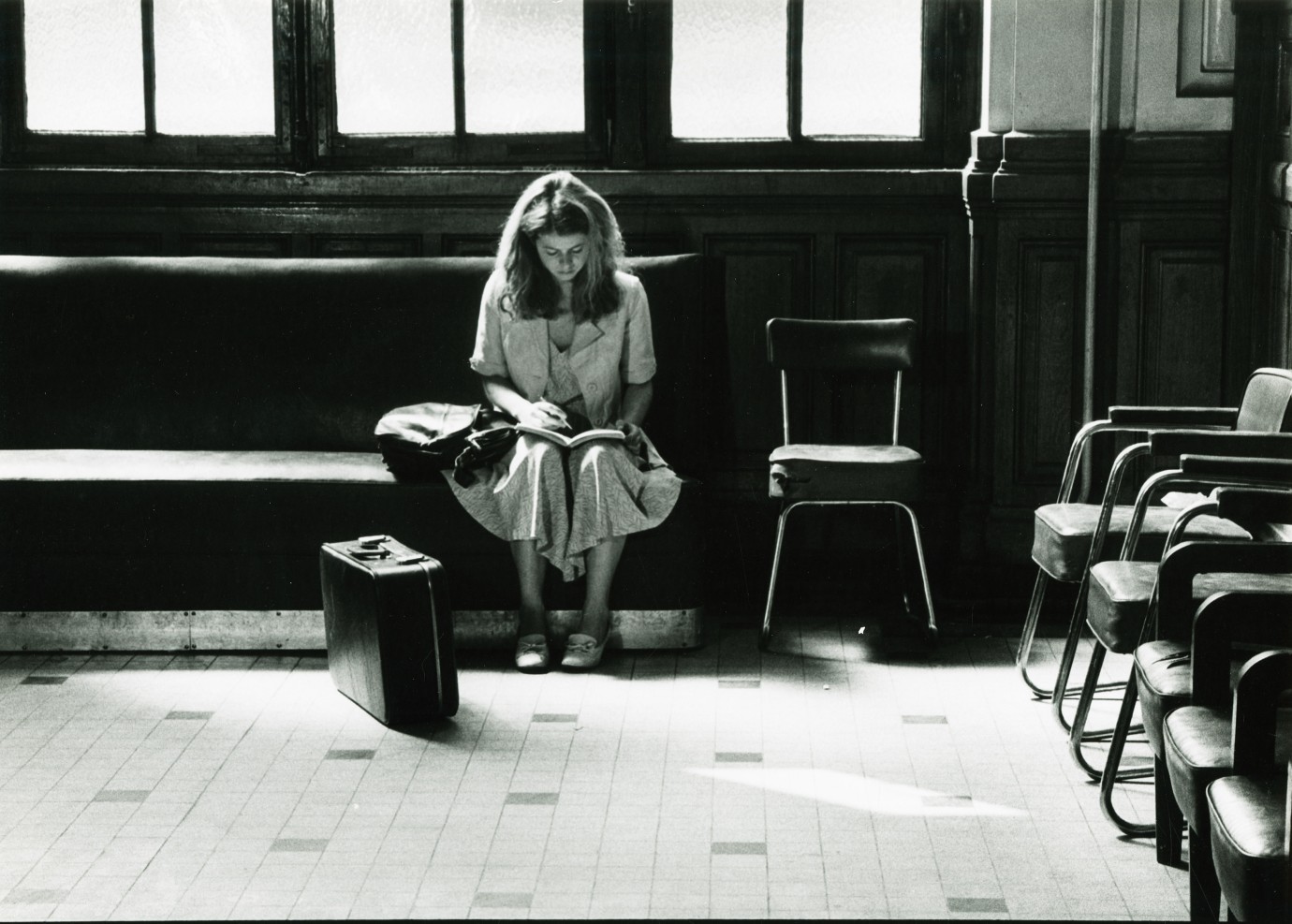
Rebecca Pauly
Die Reise nach Lyon | Blind Spot by Claudia von Alemann
BRD 1980, Retrospective
© bpk/Abisag Tüllmann
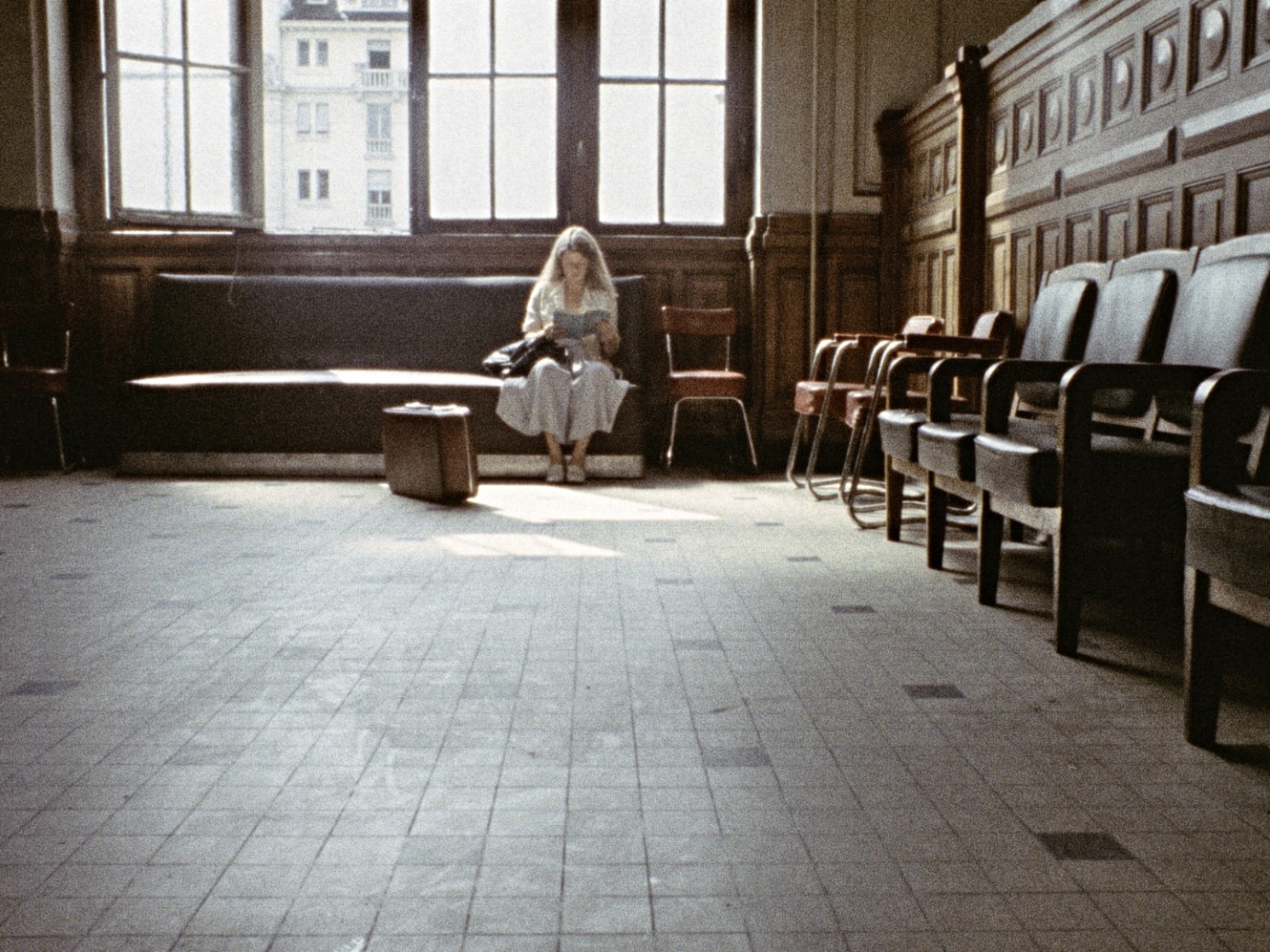
Rebecca Pauly
Die Reise nach Lyon | Blind Spot by Claudia von Alemann
BRD 1980, Retrospective
© Deutsche Kinemathek
With
- Rebecca Pauly
- Denise Péron
- Jean Badin
- Sarah Stern
- Maurice Garden
- Pierre-Emile Legrand
Crew
| Written and Directed by | Claudia von Alemann |
| Cinematography | Hille Sagel |
| Stills Photography | Abisag Tüllmann |
| Editing | Monique Dartonne |
| Music | Frank Wolff |
| Sound | Auguste Galli, Alain Champelouvier, Daniel Deshays |
| Producer | Claudia von Alemann |
Additional information
DCP: Deutsche Kinemathek, Berlin
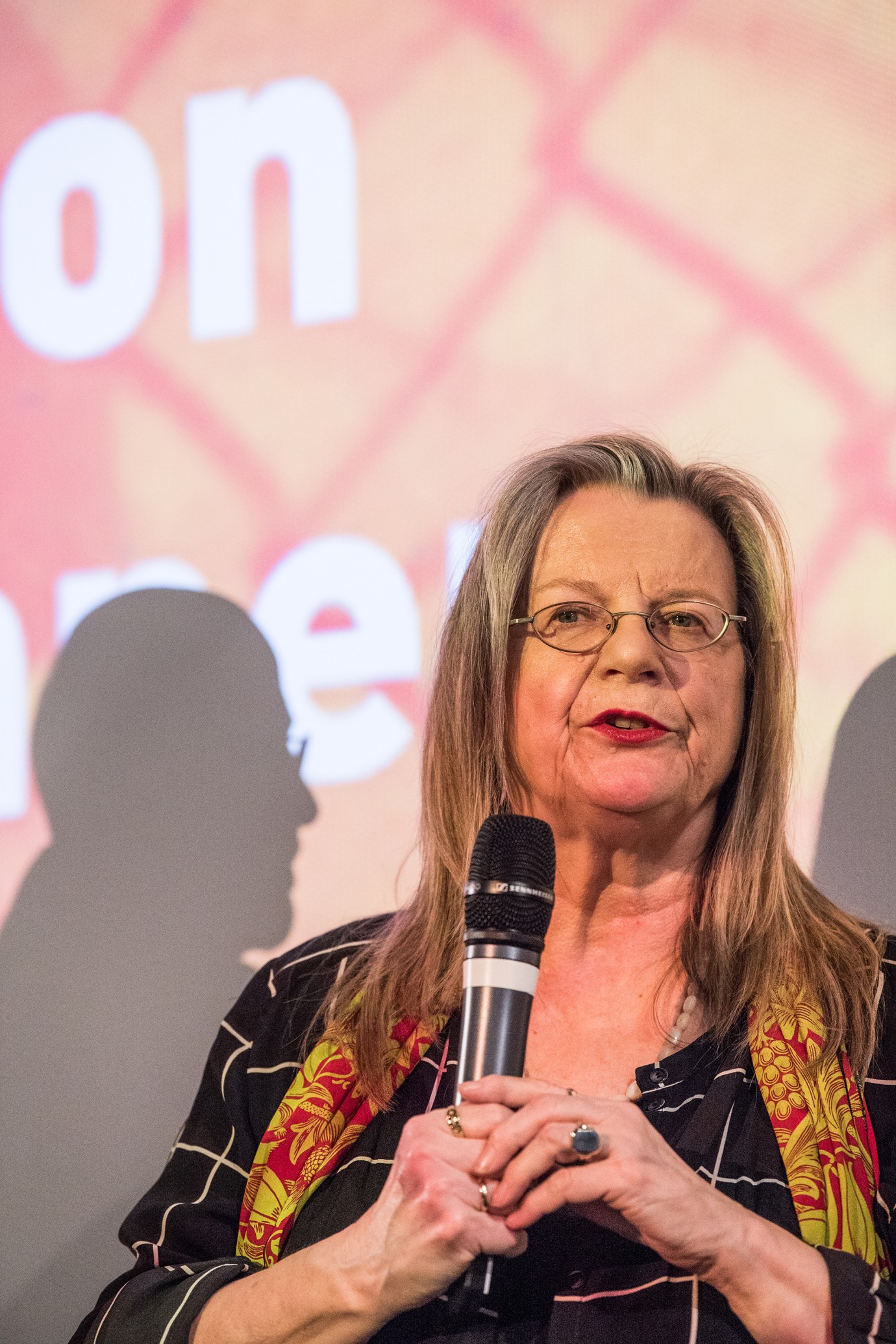
Claudia von Alemann
The director of the film from 1980.
Die Reise nach Lyon · Retrospective · Feb 15, 2019
Claudia von Alemann
Born in Seebach, Germany, she studied art history and sociology at the Freie Universität Berlin and film at the Ulm School of Design. From 1968 to 1969 she lived in Paris and directed the documentary Das ist nur der Anfang – der Kampf geht weiter about the Etats Généraux du Cinéma. In 1973 she organised, with Helke Sander, the First International Women’s Cinema Conference in the Kino Arsenal, Berlin. From 1974 to 1980 she lived again in Paris. In 1982 she won the German Film Critics Association Award for Die Reise nach Lyon. From 1982 to 2006 she was professor for Film at FH Dortmund and guest professor at film schools including in Havana, Cambridge, New York, Boston and Montréal. Her feature-length video Das Frauenzimmer is held in numerous video art collections and museums including MoMa in New York. She lives in Cologne and Havana.
Filmography
1966 Einfach; short film 1967 Exprmntl 4 Knokke; documentary · Fundevogel · Lustgewinn I 1968 Das ist nur der Anfang – der Kampf geht weiter; documentary 1969 Kurzfilmtage Oberhausen; documentary 1970 Kathleen und Eldridge Cleaver; documentary · Das schwache Geschlecht muss stärker werden; documentary 1971 Aus eigener Kraft – Frauen in Vietnam; documentary 1972 Namibia; documentary · Es kommt drauf an, sie zu verändern; documentary 1977 Filme der Sonne und der Nacht: Ariane Mnouchkine; documentary 1978 Die Reise nach Lyon 1981 Das Frauenzimmer · Nebelland 1983 Der Beginn aller Schrecken ist Liebe 1984 Die Tür in der Mauer 1986 Das nächste Jahrhundert wird uns gehören 1989 Nachdenken über Film; short film 1990 Lichte Nächte; documentary 1991 November; short film · ...wie nächtliche Schatten; documentary 1992 Denny, Ameise und die anderen; short film 2015 Die Frau mit der Kamera - Porträt der Fotografin Abisag Tüllmann; documentary
Bio- & filmography as of Berlinale 2019
